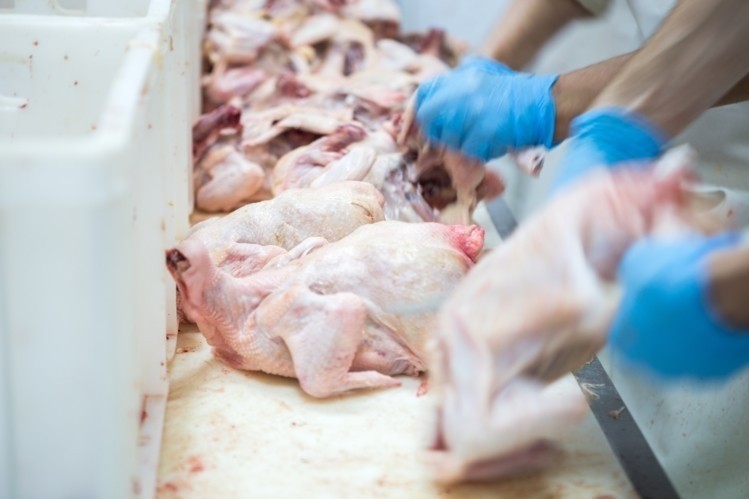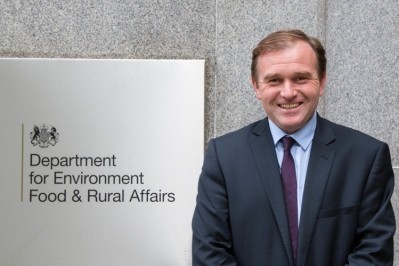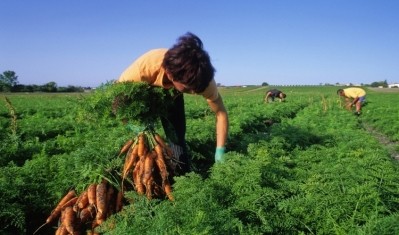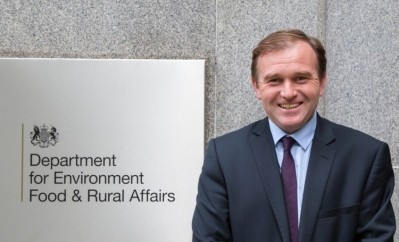Government faces backlash over food standards in trade talks

The issue was raised last weekend when George Eustice, the new environment secretary, said there was “room for a sensible discussion”.
In particular, concern was raised about chlorinated chicken and hormone-treated beef from the US.
Recent reports have suggested that the Government may be considering putting these standards at the centre of trade negotiations to secure deals with countries outside the EU such as the US.
According to The Guardian, it has seen a leaked document which reveals that a clause has been inserted into the EU’s negotiating mandate to insist that both sides maintain “health and product sanitary quality in the food and agriculture sector”.
The Chartered Institute of Environmental Health (CIEH) has demanded that the Government keeps its word and not put the UK’s food and environmental standards up for negotiation.
It said that, throughout the Brexit negotiations, the Government had made a series of commitments to maintaining, and even enhancing, the UK’s food and environmental standards once the country had left the European Union.
“We are very concerned by rumours of backtracking from the Government on the vital issue of the UK’s food and environmental standards and the comments from the new environment secretary only heighten these concerns,” said Anne Godfrey, chief executive at CIEH.
“Since the negotiations around the UK’s exit from the European Union began, we have been heartened by the number of apparent commitments the Government has made to ensuring that our country is a world leader on these standards. There can be no trading away of these standards for a quick trade deal with third countries.”
This view was backed by the National Farmers Union president Minette Batters, who has challenged the Government to show global leadership on international trade and insist that: “Whoever wants to trade with us, trades on our terms.
“In other parts of the world abattoirs use chlorine or other chemicals to wash carcases – this is not allowed in Britain because we have legislation on the way we keep our livestock, which limits stocking density. We have rules on biosecurity, lighting, diet and veterinary oversight,” said Batters.
“This isn’t just about chlorinated chicken. This is about a wider principle. We must not tie the hands of British farmers to the highest rung of the standards ladder while waving through food imports which may not even reach the bottom rung.”
Consumer organisation Which? was similarly concerned about the potential drop in standards. Its own Brexit Consumer Tracker found that more than nine in 10 (93%) of people deemed it important to maintain food standards after Brexit.
Sue Davies, head of consumer protection and food policy at Which?, said: “It is astonishing that, instead of improved food safety and health, chemical washing techniques for chicken and hormone-treated beef are still being left on the negotiating table when the debate has to be firmly focused on the food standards consumers want.
“We know consumers value the UK’s high food standards, so the Government must legislate to ensure current high principles are preserved and reinforced in future trade deals – not jeopardised by imports produced to a lower standard.”














